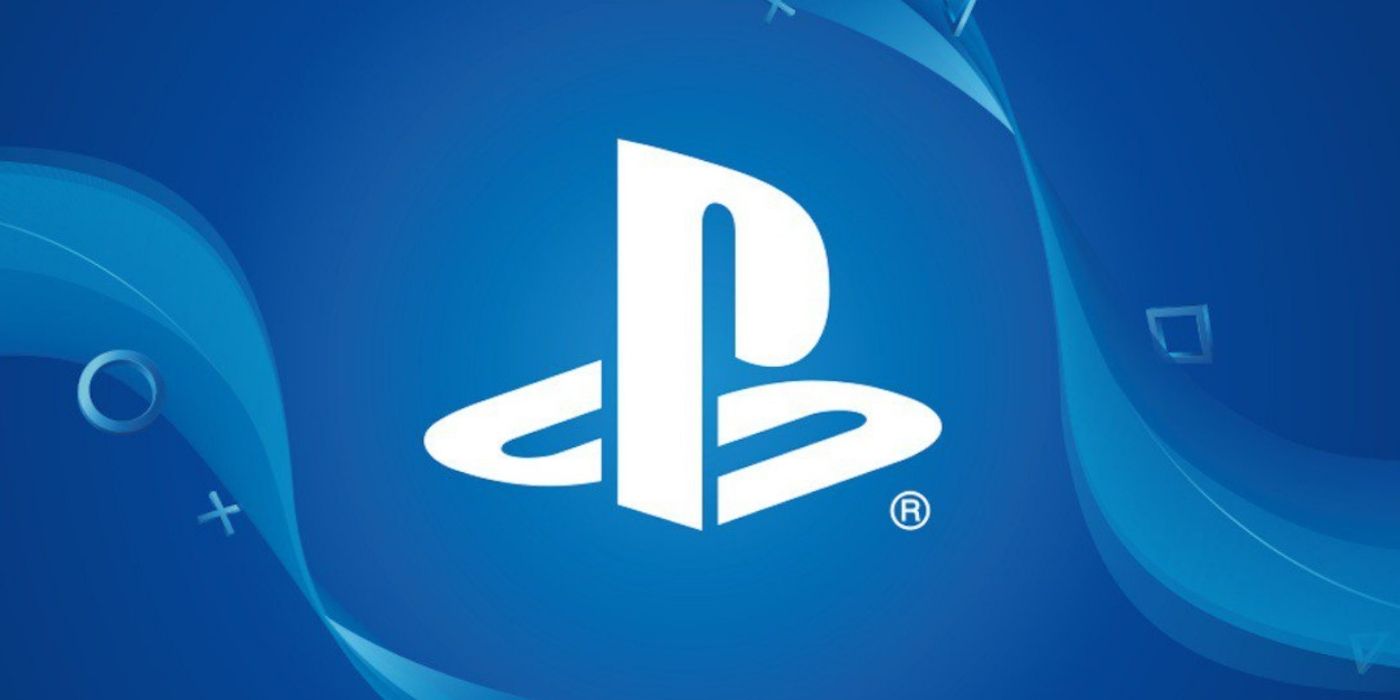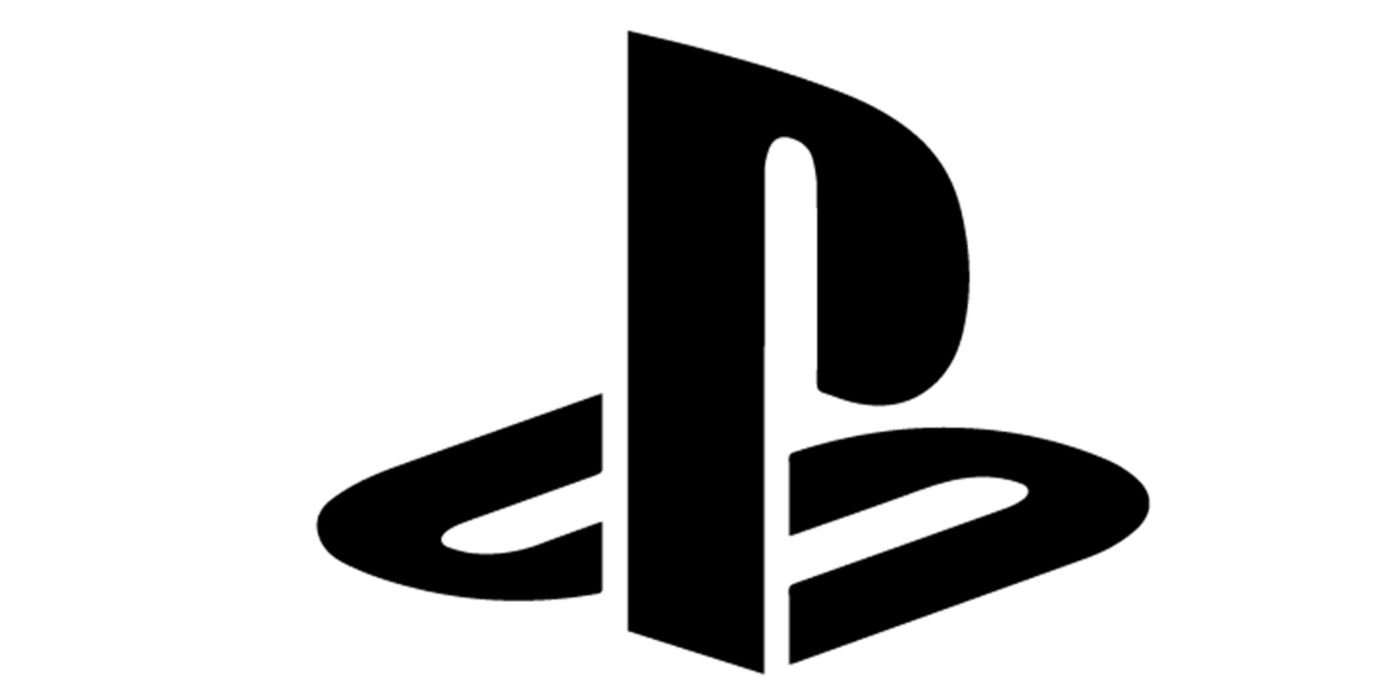The PlayStation 5 was recently revealed by Sony, and fans of the console haven't stopped talking about it since. The PlayStation community has had access to information about the console's price and specifications for a bit now, and its backwards compatibility is another winning factor that has everyone hyped up. The only question that remains is when we can expect a PlayStation 5 release. Unfortunately, we don't have a clear-cut answer to that yet.
There's been some speculation about the price of the PlayStation 5 so far, but nothing has quite been confirmed by Sony executives yet. While it was discussed that the console may very well cost a bit more than the PlayStation 4 on account of the various hardware and software improvements, our guess was that the PlayStation 5 release price is going to be around $450 to $500. That being said, the price is only just one of the outliers of information that fans haven't been updated on since the console was announced.
There had been rumors that Microsoft was going to make a big announcement at E3 about some of its upcoming plans for the Xbox and Gamepass. Pushsquare reported on Sony's fortuitous timing of divulging some information about the PlayStation 5 before Microsoft could reveal plans for the next generation of its consoles, commenting that making the specs public knowledge essentially let the company get the jump on its competitor's plans for E3.
The insinuation was that while the Xbox One SAD wasn't an insignificant announcement, it's clearly not the future of the Xbox console line. In contrast, the impact of Sony's announcement of the PlayStation 5 release may well eclipse what Microsoft puts out at E3 even if the consoles end up having comparable specs simply because it beat the latter to the punch, dooming whatever Xbox comes next to live in the shadow of "oh, just like the PlayStation 5" comments. Even if there isn't hard data on the PS5's release date just yet, it seems likely we could get it as soon as E3, and that it will release next year rather than in 2019.
The reason for that guess is simple: Sony has finally announced the console but is skipping E3 and didn't host a PlayStation Experience in 2018 either. That seems to indicate that it doesn't have any big announcements in store for the rest of 2019, which checks out based on what we've seen thus far. Expect 2020 to be a much bigger year for Sony as the company instead focuses on exclusives like Days Gone to buoy it in the interim.
As for the price, it seems like $499 is the analyst-consensus best price point for the new console. Someone claiming to be a European game developer working on a PS5 launch title indicated that the console would retail for $499 and that its release date would be November 2020, a claim that they could not back up with evidence but did coincide pretty close to when Sony announced the console to begin with, providing at least a little more feasibility in the process. The console's $499 price point wouldn't be as steep as it sounds, either; the PlayStation 5 will support ray-tracing technology, 8K resolution, the aforementioned backward compatibility, and more. That technology isn't cheap right now, and isn't likely to drastically dip in price in the next few years, so all of that combined with a next-gen console doesn't seem like a bad deal.
It's no secret that Sony is aiming high with the PlayStation 5, considering its been the first amongst its competitors to pull out ray tracing, a faster processor and a new SSD with a raw bandwidth higher than any available for PCs. On top of that, the future of the PlayStation line also promises PSVR support (which is a thing that the community has been clamoring for). While there's not been confirmation about what the console will cost, or when it'll be out, we wouldn't put it past Sony to make an announcement around when Microsoft is expecting to take their E3 lap, just to rub salt into the wound.
Source: Pushsquare


